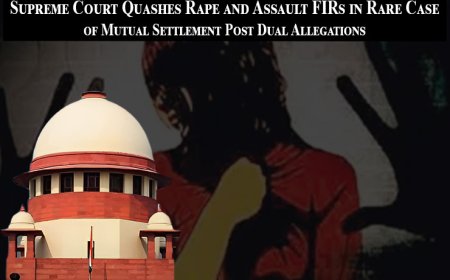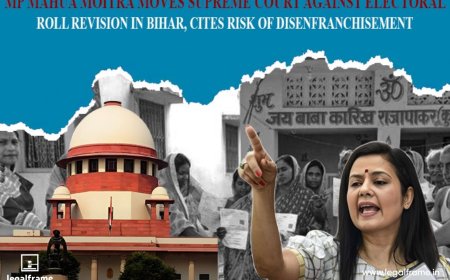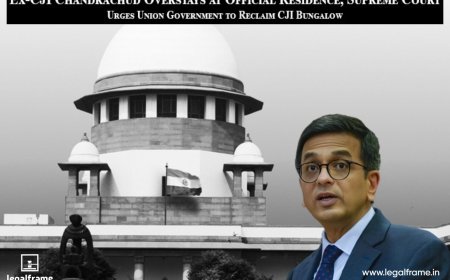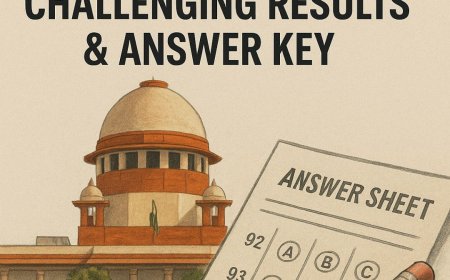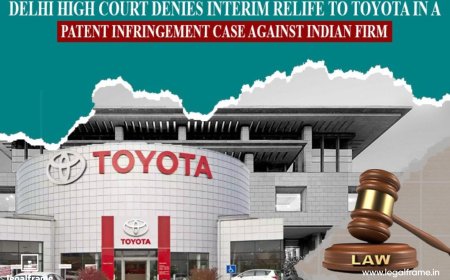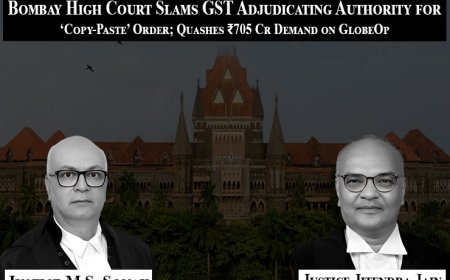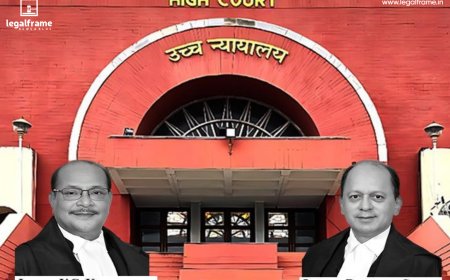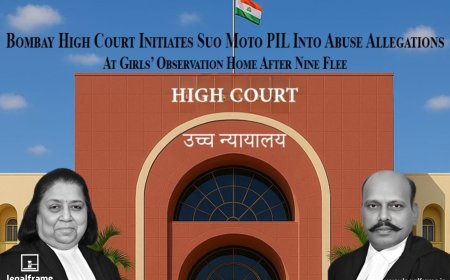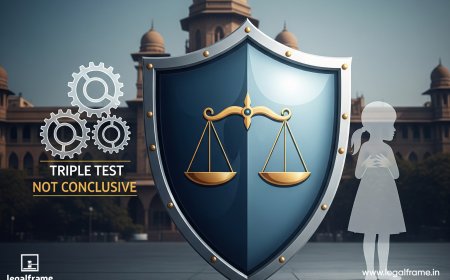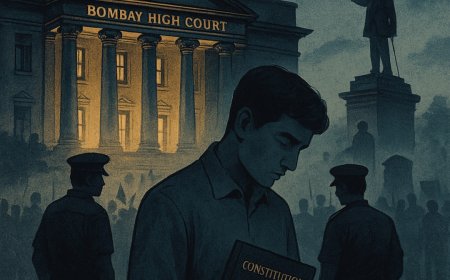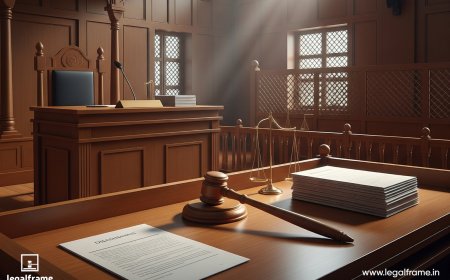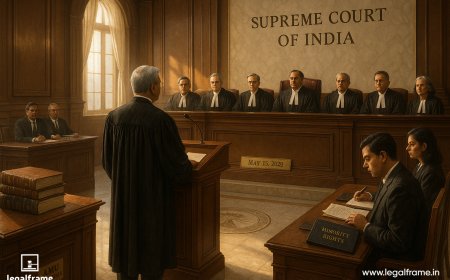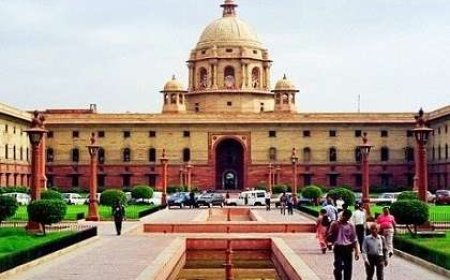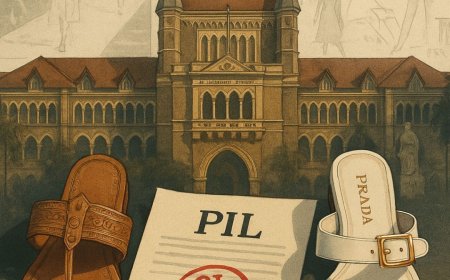Allahabad High Court Declines to Declare Shahi Idgah Mosque a Disputed Structure
The Allahabad High Court upheld the legal status of the Shahi Idgah mosque in Mathura, rejecting a plea to label it a disputed structure. The court stressed the need for solid evidence in religious site claims. 18 related cases and ASI surveys are ongoing.
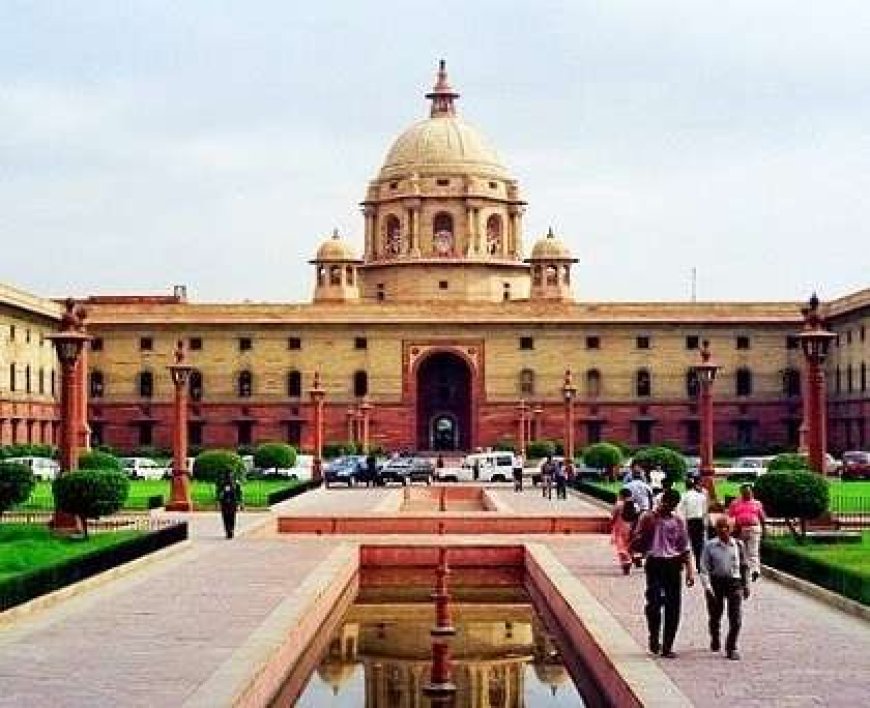
Allahabad High Court Declines to Declare Shahi Idgah Mosque a Disputed Structure
LUCKNOW
The Allahabad High Court on Friday dismissed a petition seeking to classify the Shahi Idgah mosque in Mathura as a “disputed structure,” stating that the plea lacked adequate legal grounds and that such a designation must be based on substantial evidence.
Justice Ram Manohar Narayan Mishra, presiding over a single-judge bench, ruled that there was “no solid ground” to change the mosque’s legal status at this stage. The petition was filed by Advocate Mahendra Pratap Singh on behalf of Hindu petitioners who have brought multiple suits related to the Krishna Janmabhoomi complex, adjacent to the mosque.
The petitioners contend that the mosque was constructed by Mughal emperor Aurangzeb after demolishing a temple believed to mark the birthplace of Lord Krishna. They also allege that the mosque lacks proper land ownership documentation, municipal records, or taxation filings. In contrast, the mosque’s managing trust and other respondents argued that it has stood for over four centuries and that efforts to reclassify it are speculative and legally untenable.
Friday’s ruling came amid a broader legal battle involving 18 related suits filed since May 2023, all centered on land rights and religious claims tied to the Krishna Janmabhoomi site. Hindu litigants have demanded the mosque’s removal and restoration of temple premises, citing perceived encroachments.
The court’s decision emphasized that rejecting the request to label the mosque a “disputed structure” would not prejudice the ongoing litigation. All 18 suits remain pending before the High Court, which has consolidated them for procedural clarity.
The legal proceedings have also drawn in national institutions. In April, the Supreme Court upheld the High Court’s decision to include the Archaeological Survey of India and the Central government as parties to the case. A prior directive to conduct a site survey—issued in December 2023—remains stayed by the Supreme Court.
At the center of the dispute lies a 1968 agreement between the Shahi Masjid Idgah trust and the Shri Krishna Janmasthan Seva Sansthan, which allowed both religious sites to function in proximity. Hindu petitioners have challenged the validity of this compromise, alleging that it was made under duress and without proper authority.
The Allahabad High Court’s ruling reaffirms the legal principle that alterations to the status of religious or historical sites must be grounded in verifiable legal documentation. The case continues to evolve, with further hearings expected after the submission of additional evidence, including ASI findings and historical records.
What's Your Reaction?







